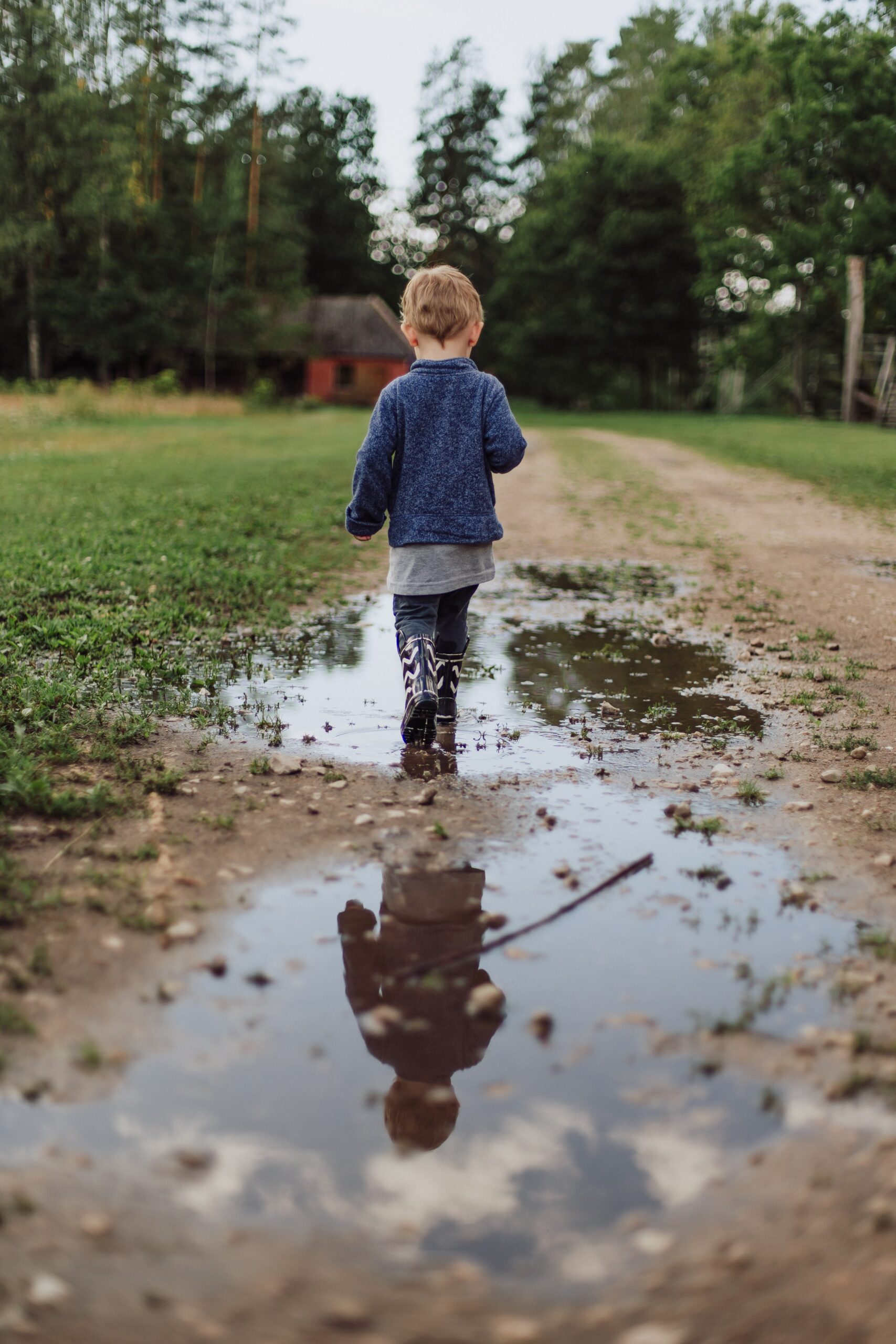The rush to diagnose itself represents an intolerance of uncertainty. Sitting in the discomfort of not-knowing while taking time to make sense of the problem calls for a feeling of safety and community of support both of which are lacking for parents and professionals alike. Parents feel judged about their child’s behavior. Clinicians feel urged to find the answer in unrealistically brief visits under pressure of a waiting room full of kids.
Continue readingCelebrating Pediatricians’ Embrace of Early Relational Health
The Frameworks Institute (that also developed the term “toxic stress”) wrote in a recent report: “Early relational health, although a new term, does not designate a new field nor a series of new discoveries. In fact, early relational health builds upon decades of research from the fields of child development, infant mental health and neurodevelopment that has established the centrality of relationships between caregivers and very young children for future health, development and social-emotional wellbeing.”
Continue reading
